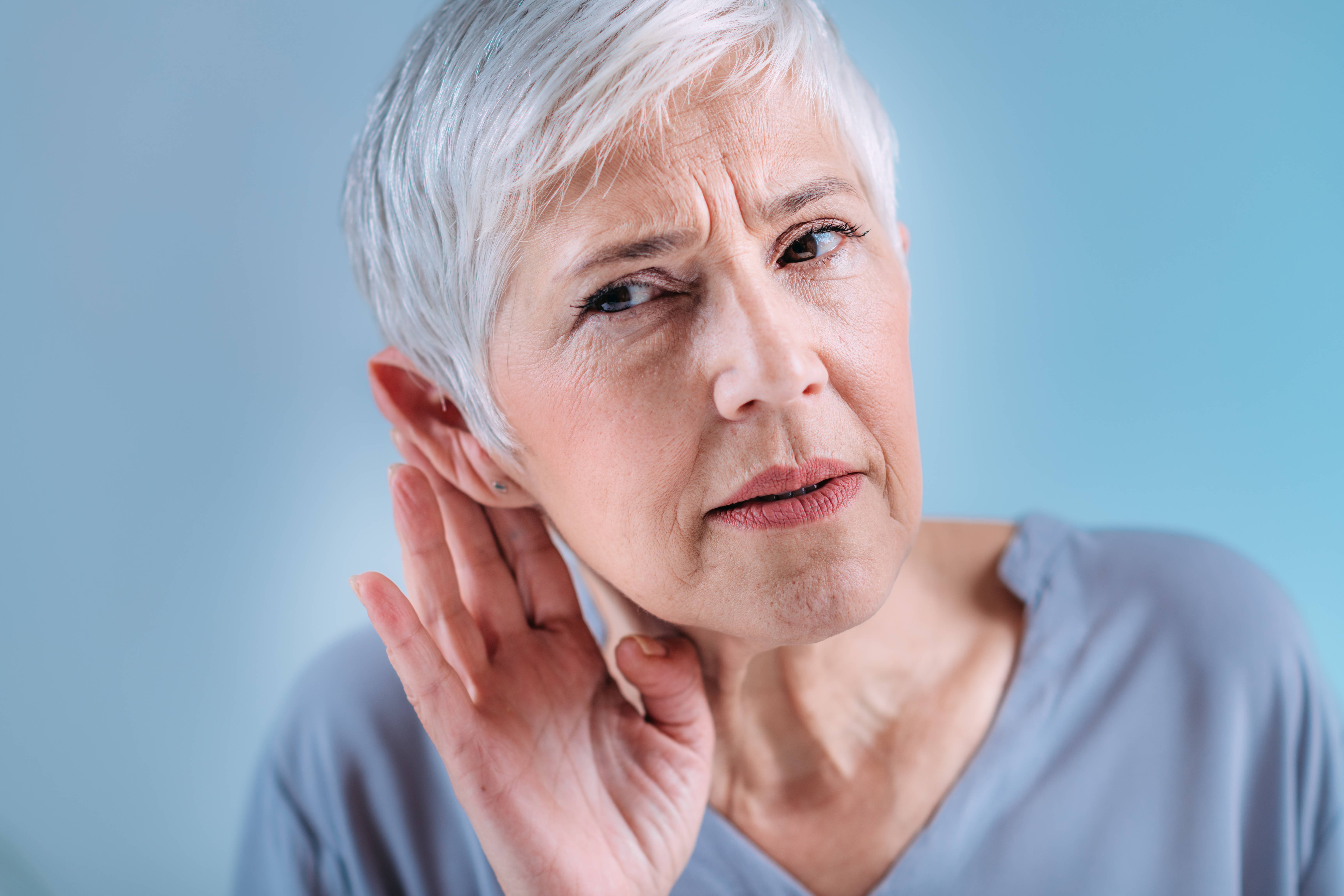6 Tips To Maintain Hearing Health After Menopause

Menopause marks a significant transition in a woman's life, bringing about hormonal changes that can impact various aspects of health. While most women are aware of common menopausal symptoms like hot flashes and mood swings, many overlook the potential effects on hearing health. Research suggests that hormonal shifts during menopause can contribute to a range of ear-related issues, including tinnitus, hearing loss, and itchiness. Therefore, it's essential for women to prioritize their hearing health after menopause. In this article, we'll explore six practical tips to help maintain optimal hearing health post-menopause.
Monitor Your Hearing Regularly
Regular monitoring of your hearing is crucial, especially as you enter menopause and beyond. Schedule routine appointments with an audiologist or hearing healthcare professional for comprehensive hearing assessments. These assessments can detect any changes in your hearing ability early on, allowing for timely interventions if necessary. Early detection of hearing issues enables better management and reduces the risk of complications down the line.
Adopt a Healthy Diet
A balanced diet plays a significant role in maintaining overall health, including your hearing health. Incorporate foods rich in essential nutrients such as omega-3 fatty acids, antioxidants, and vitamins into your daily meals. Omega-3 fatty acids found in fish like salmon and trout can help reduce inflammation in the inner ear, potentially alleviating symptoms of tinnitus and preserving hearing function. Additionally, antioxidants like vitamins C and E protect against oxidative stress, which can damage the delicate structures of the inner ear.
Stay Hydrated
Proper hydration is essential for overall health, including the health of your ears. Dehydration can lead to dryness in the ear canal, increasing the risk of irritation, itchiness, and blockages. Make sure to drink an adequate amount of water throughout the day to keep your body hydrated and maintain optimal ear health. Avoid excessive consumption of caffeinated and alcoholic beverages, as they can contribute to dehydration and potentially exacerbate existing ear problems.
Practice Ear Care Hygiene
Maintaining good ear hygiene is essential for preventing ear infections and minimizing discomfort. Avoid inserting objects like cotton swabs or fingers into your ears, as this can push wax deeper into the ear canal and increase the risk of injury or infection. Instead, gently clean the outer ear with a damp cloth and avoid using ear drops or solutions unless recommended by a healthcare professional. If you experience persistent itchiness or discomfort in your ears, consult your doctor for proper evaluation and treatment.
Protect Your Ears from Loud Noise
Exposure to loud noise can cause irreversible damage to the delicate structures of the inner ear, leading to hearing loss and other auditory problems. Take steps to protect your ears from excessive noise exposure, especially in noisy environments or during recreational activities such as concerts or sporting events. Use earplugs or noise-canceling earmuffs to reduce the intensity of sound and minimize the risk of hearing damage. Additionally, limit the duration of exposure to loud noises whenever possible to safeguard your hearing health.
Prioritize Stress Management
Stress can exacerbate various menopausal symptoms and potentially impact your hearing health as well. Chronic stress contributes to increased levels of cortisol, a hormone that can affect blood flow to the inner ear and contribute to hearing problems. Practice stress-reduction techniques such as mindfulness, deep breathing exercises, yoga, or meditation to promote relaxation and overall well-being. By managing stress effectively, you can support your hearing health and mitigate the impact of menopause-related hormonal changes.
Transitioning to Assisted Living Homes: Additional Support for Hearing Health
In some cases, transitioning to a retirement community can provide additional support for maintaining hearing health after menopause. Assisted Living facilities offer a supportive environment where residents can access comprehensive healthcare services, including regular hearing screenings and assistance with daily activities. Additionally, the social opportunities and amenities available in Assisted Living communities can promote overall well-being and quality of life for older adults, including those navigating the challenges of menopause.
